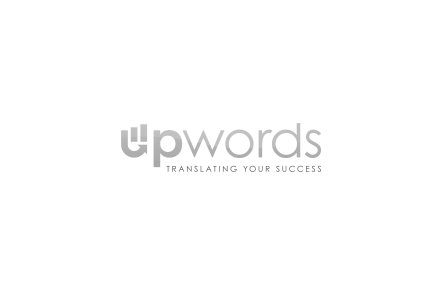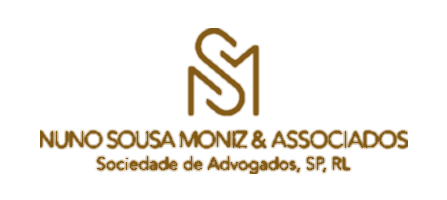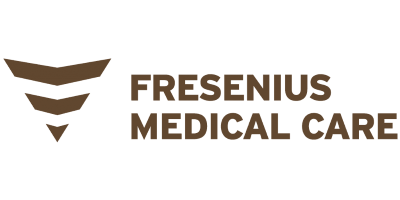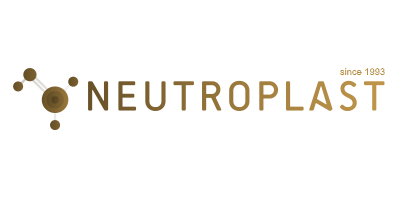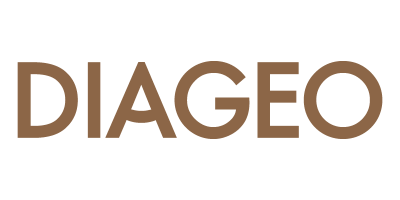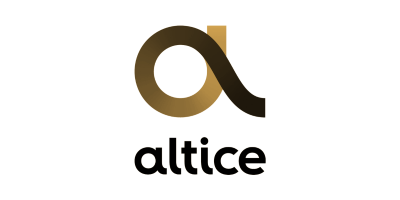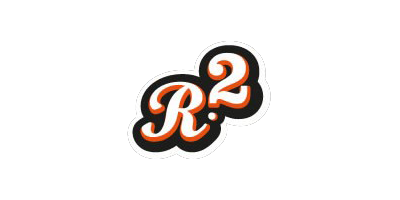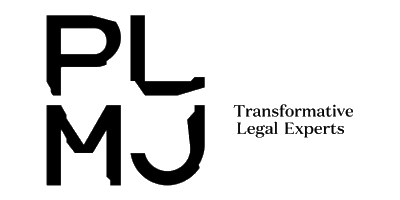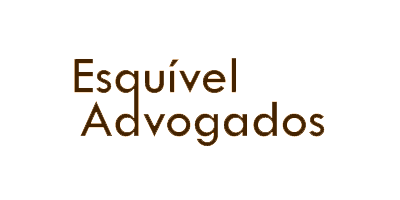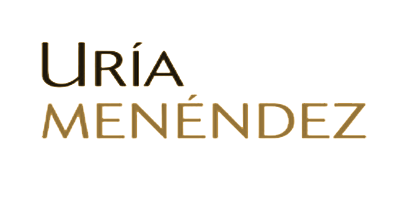When taking your brand abroad, good marketing translation is crucial. Your videos, ads, email campaigns and webpages are what will get your brand image across to your foreign prospects — and either turn them into clients, or lose their interest.
But what challenges will get in your way when you translate brand messaging? At Upwords, we have 19 years’ experience helping marketing managers make their brands global — and here we’ve compiled five tips on how to deal with the most common challenges in marketing translation.
1. Don’t hesitate to sacrifice the original text to keep the final impact
Literal translation often won’t cut it, and in those cases your translation agency has to be able to recreate your content. Transcreation ensures your marketing materials will work with the cultural and linguistic specificities of your target country.
2. Save time by using the right tools
Make sure your translation company can work directly on your original files — if their translation tools can adapt to different file formats, you will avoid having to redesign your materials afterwards.
3. Make sure your translators are native experts living in your target country
You want your marketing to be as natural and relevant as can be. If a translator is not an expert in your industry, they may miss jargon and references. Or if they have been an expat for a decade, they are probably out of touch with the current everyday reality of their country.
4. Choose a single partner to help you with all your multilingual content
If you hire one company to translate your material, another to create additional copy, and a third one to design it, you will increase transaction costs — more briefings, more emails, more possible misunderstandings. Choosing one translation agency that offers all these services will save you time, money and headaches.
5. Centralize terminology and communications
It’s hard for a global marketing manager to keep track of the work of two or three freelancers at the same time. Appoint a project manager to oversee your marketing translation project, or else choose a translation agency that will do so. They will organize the translators’ work, see that they use the appropriate tools, and make sure they use unified terminology. And you will only have to talk to one person.




